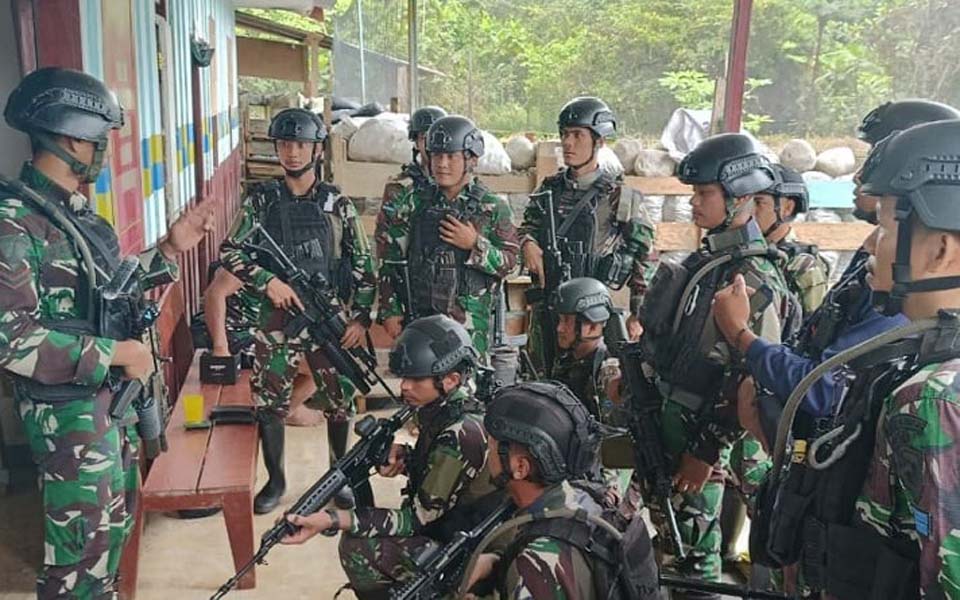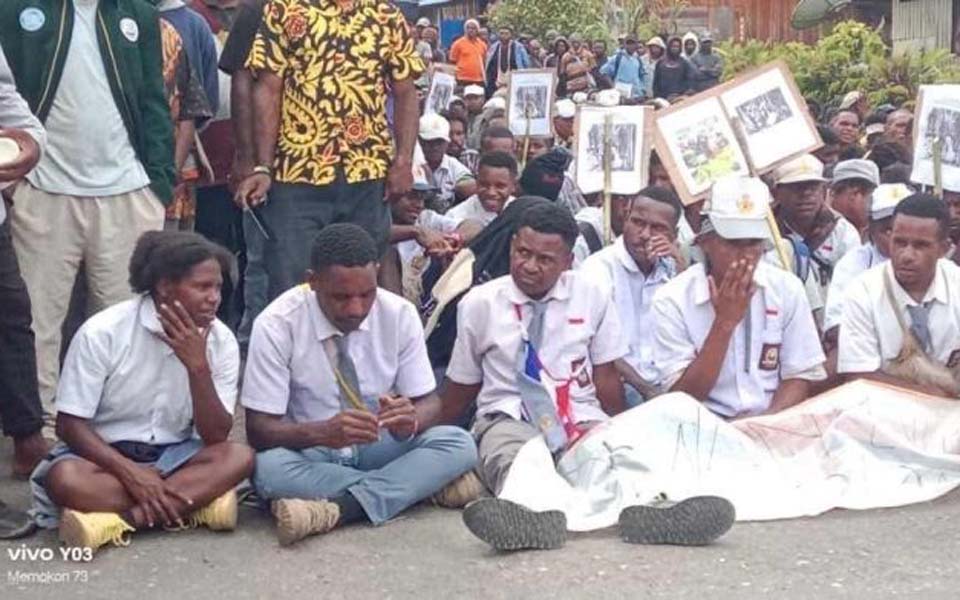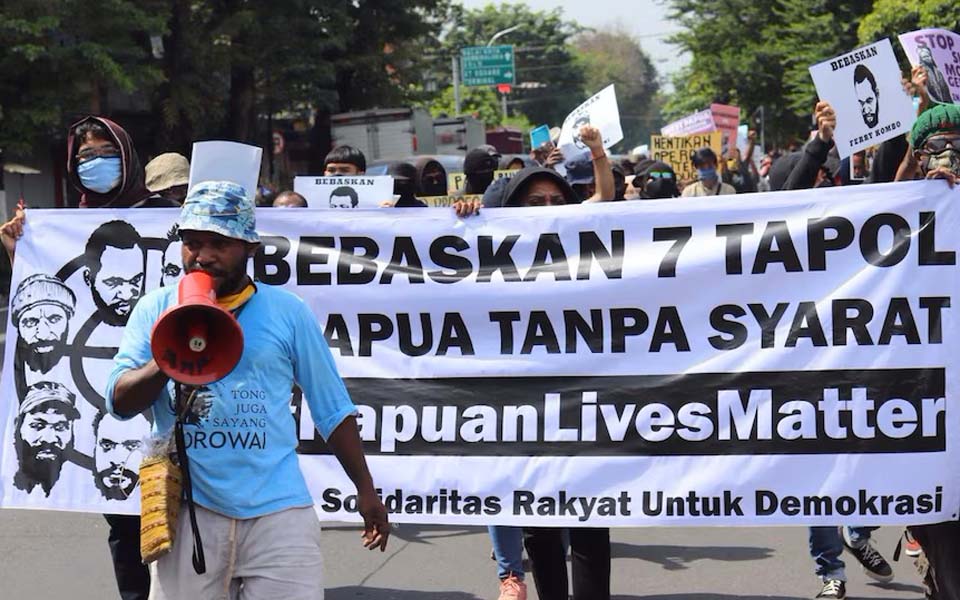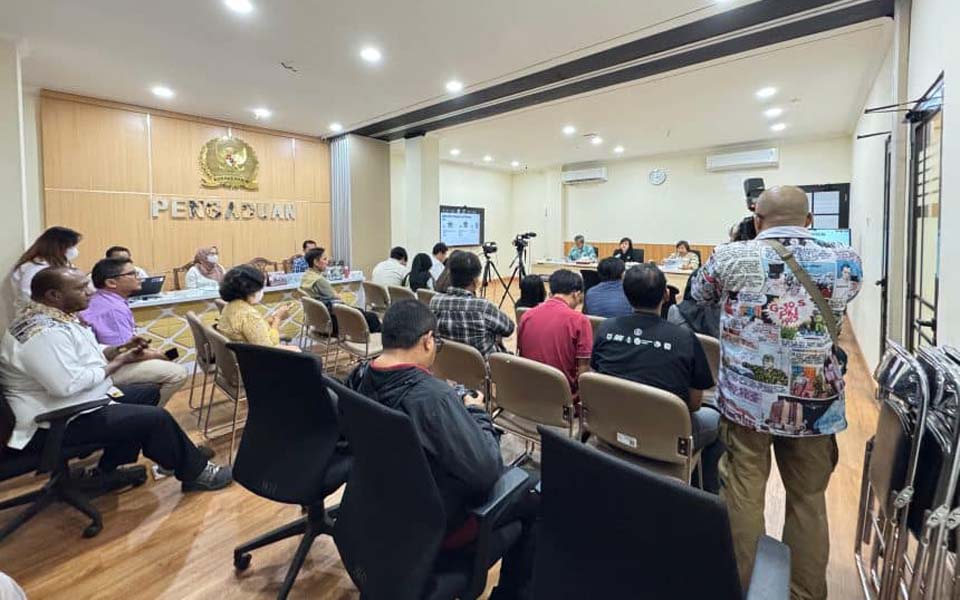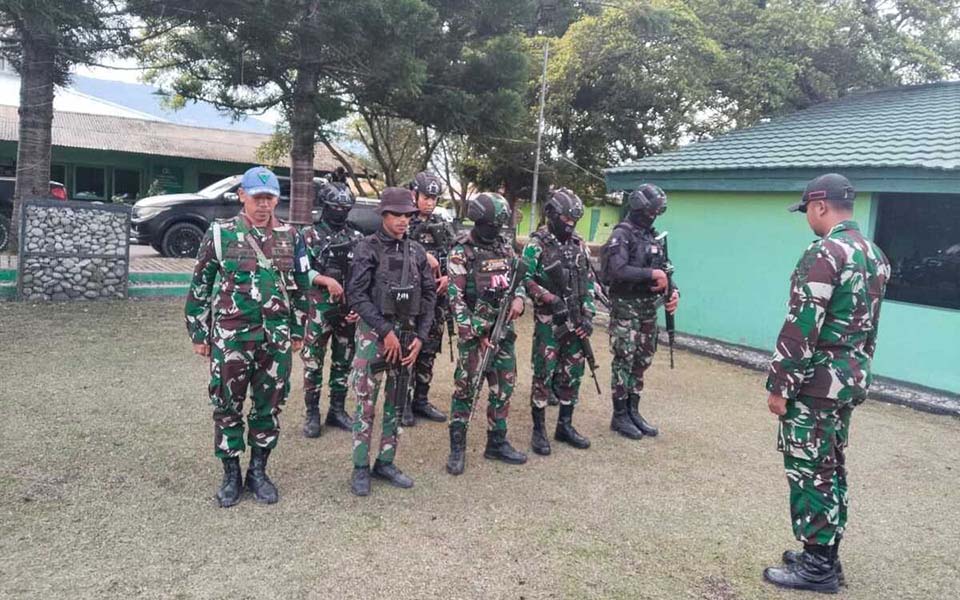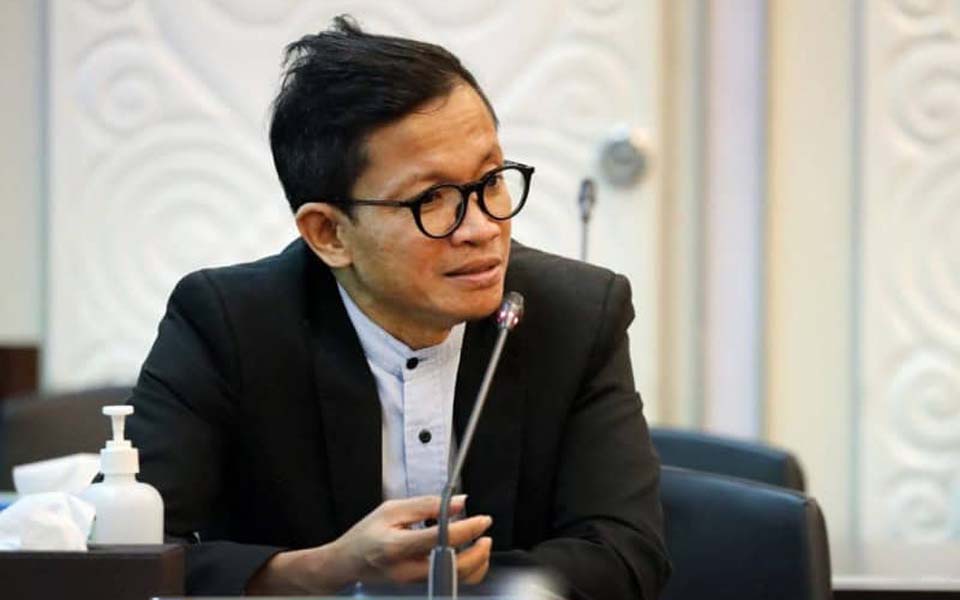Sapto Pradityo, Jakarta – President Susilo Bambang Yudhoyono has asked the former governor of West Papua, Freddy Numberi, to assist in resolving the Papua question. Numberi, who is a native Papuan and holds the post of Minister for Fisheries and Marine Affairs in Yudhoyono’s cabinet, has been asked to work with the Coordinating Minister for Political, Legal and Security Affairs, Widodo AS, who is leading up efforts to resolve the Papua question.
According to Numberi, the Law on Papuan Special Autonomy should become the basic pillar by which to resolve the Papua issue, from matters of security to the division of West Papua into three new provinces. He hopes therefore, that the government will soon issue a government regulation as an implementing regulation on the special autonomy law. “As former governor, perhaps I can help”, said Numberi following a meeting with Yudhoyono at the presidential offices in Jakarta on Friday November 5.
Yesterday, a number of Papuan public figures met with Yudhoyono to discuss the problems in their province. The president told them that he would ensure that the operation to restore security in the Papuan regency of Puncak Jaya would not result in [more] civilian casualties. In a presidential instruction to Widodo and TNI (armed forces) Chief Endriartono Sutarto, the president has asked that the operation be conducted wisely and carefully. “Don’t let the people suffer from excesses during the operation”, said another former governor of West Papua, Barnabas Suebu, quoting from Yudhoyono.
The Trans Wamena-Puncak Jaya highway has been a trouble spot of late. On October 12 four drivers who usually operate the route were shot by unidentified assailants. The TNI has accused the Free Papua Organisation (OPM) of the shooting.
According to Suebu, the operation to restore security has been difficult to cary out because it is in the interior. He has asked the TNI to be careful in distinguishing between OPM members and ordinary civilians. Both the OPM and the TNI have repeatedly conducted operations in the area which have caused deep seated trauma among the people. “If they are pushed out then at some time return, they are thought to be OPM members, but sometimes civilians are also accused of assisting the TNI against the OPM. As a result there is a constant [atmosphere of mutual] suspicion”, said Suebu.
In order to resolve the security problem, Suebu is proposing that the government involve traditional and religious leaders or local traditional institutions. They are the ones he said, who are most respected and listened to by local people. By involving them it can be hoped that the military operation will not bring with it even greater negative excesses. “Don’t just [rely on] a security approach”, he said.
[Translated by James Balowski.]






